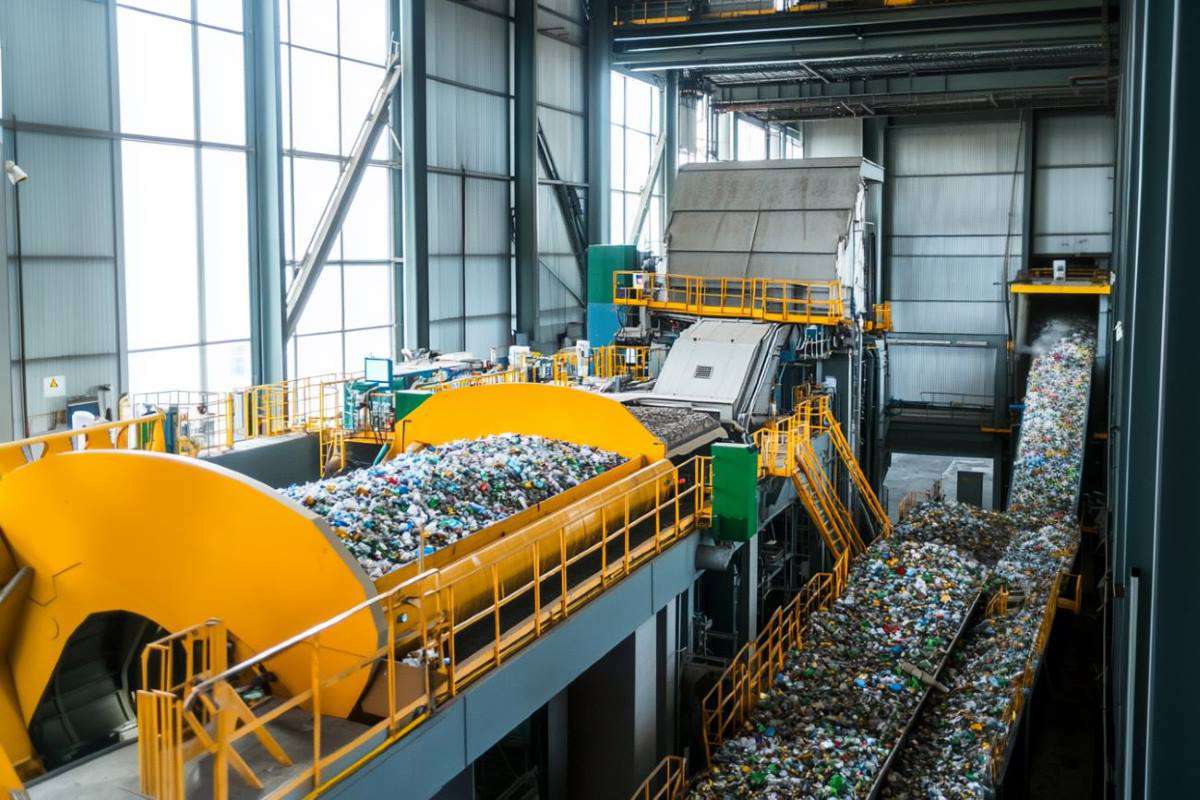
The issue of municipal solid waste (MSW) management in the Republic of Kazakhstan is one of the most pressing environmental and legal challenges in recent years. Despite the existence of a modern regulatory framework, including the updated Environmental Code adopted in 2021, a systemic gap remains between legislation and its practical implementation.
Since January 2, 2021, the updated Environmental Code has been in force in Kazakhstan, introducing a number of progressive provisions:
• Article 350 prohibits waste disposal within residential areas and forest parks and mandates mandatory sorting prior to disposal.
• Article 367 establishes a centralized MSW collection system and regulates the setup of container sites.
• Article 368 requires the use of specialized vehicles and the transmission of navigation data to an information system.
• Article 339 defines ownership rights over waste and introduces the “polluter pays” principle.
However, in practice, the implementation of these provisions is hindered by several factors — from a lack of infrastructure to insufficient oversight. In many regions, there are no licensed landfills, regular monitoring is not conducted, and waste transportation is often not tracked in real time.
One of the most acute problems is the weak navigation monitoring system. Private companies engaged in transportation or construction do not always comply with regulations, leading to a growing number of illegal dumpsites.
Political centralization and limited civil society involvement also hinder efforts to improve waste management. In some cases, economic interests — particularly in mining and industry — are prioritized over environmental safety.
What do studies show?
Researchers at Al-Farabi Kazakh National University have conducted several studies that reveal alarming trends:
• Almaty: An increase in both authorized and unauthorized landfills. The use of GIS and remote sensing has confirmed high environmental risks.
• Aktobe Region: A significant volume of orphaned waste that poses a threat to the environment.
• Nationwide: The absence of a system for separate waste collection complicates recycling and reduces the economic efficiency of waste utilization.
Researchers emphasize that up to 30–40% of MSW could potentially be recycled, but this potential is largely untapped.
According to analytics from the Institute of Parliamentarism, the following are key steps toward improving the situation:
1. Establish independent environmental inspections with the authority to conduct regular audits.
2. Provide government support for private investments in recycling plants through incentives and subsidies.
3. Strengthen the accountability of local authorities for the implementation of the Environmental Code.
4. Require mandatory monthly reports from MSW carriers — to prevent corruption and data manipulation.
5. Conduct environmental education and open hearings with public participation.
6. Attract international experience and investment, including technologies for energy production, biogas, secondary raw materials, and construction materials from waste.
The issue of waste management in Kazakhstan requires a comprehensive approach. This is not merely an environmental issue — it is a challenge to administrative efficiency, governmental transparency, and societal maturity. Only through effective law enforcement, infrastructure development, and the engagement of all stakeholders — government, business, and citizens — can sustainable change be achieved.
Prepared by N.E. Nuraly, Specialist of the Center for Agrarian Issues, Ecology, and Environmental Legislation



